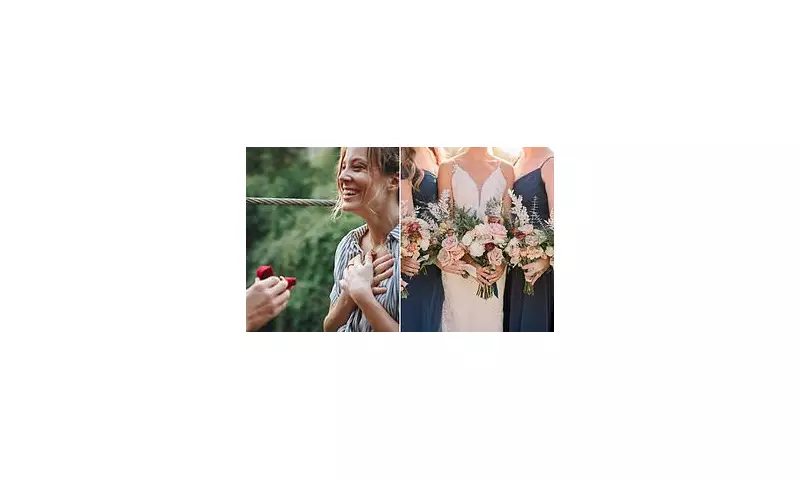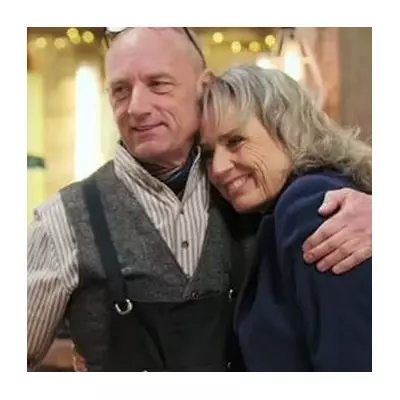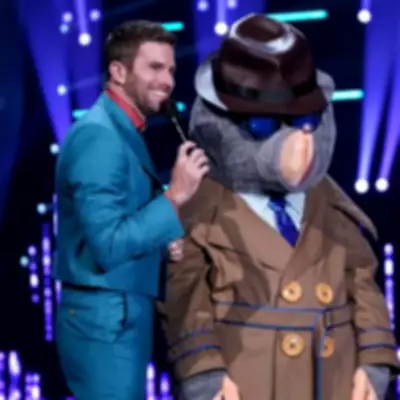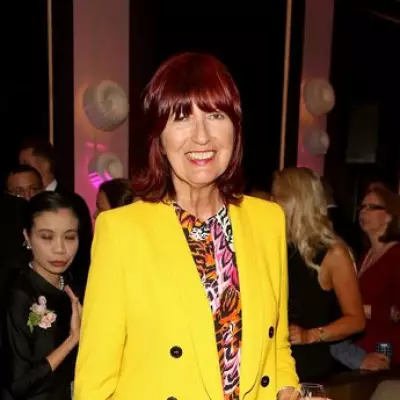
In a surprising twist of British social etiquette, relationship experts are warning well-wishers to avoid uttering the word 'congratulations' to newly engaged women. What many consider a standard response to engagement news is actually being labelled a significant social misstep.
The Hidden Meaning Behind 'Congratulations'
According to dating and etiquette specialists, saying 'congratulations' to a bride-to-be carries unintended implications. The term suggests she's achieved something difficult or won a prize, rather than celebrating a mutual decision between two people in love.
'When you say congratulations to a woman, it implies she's accomplished something remarkable in landing a husband,' explains relationship coach Sarah Jones. 'It subtly suggests the man was a catch she needed to secure, which undermines the romantic partnership aspect of the engagement.'
What to Say Instead
Etiquette professionals recommend several alternative phrases that properly honour the occasion:
- 'That's wonderful news!'
- 'I'm so happy for you both!'
- 'How exciting!'
- 'Best wishes for your future together!'
The key distinction lies in directing your enthusiasm toward the couple's future happiness rather than treating the engagement as an individual achievement.
The Historical Context
This etiquette rule has roots in traditional courtship customs. Historically, engagements represented business transactions between families, with women having little say in the matter. Saying 'congratulations' acknowledged she'd fulfilled her societal duty, whereas modern engagements celebrate mutual love and choice.
'The tradition stems from when marriage was more about economic security than romance,' notes cultural historian Dr. Emily Wilson. 'Today, we recognise that both parties are equally committing to each other.'
Gender Divide in Engagement Etiquette
Interestingly, the rules differ for the groom-to-be. According to etiquette guides, saying 'congratulations' to the man remains appropriate, reflecting outdated notions that he's 'won' his bride.
However, modern experts suggest moving beyond this gendered approach entirely. 'The most thoughtful response celebrates both partners equally,' advises Jones. 'Focus on their shared happiness rather than perpetuating old-fashioned stereotypes.'
As wedding season approaches, this subtle etiquette distinction could save many from unintentional social blunders while properly honouring couples embarking on their lifelong journey together.





